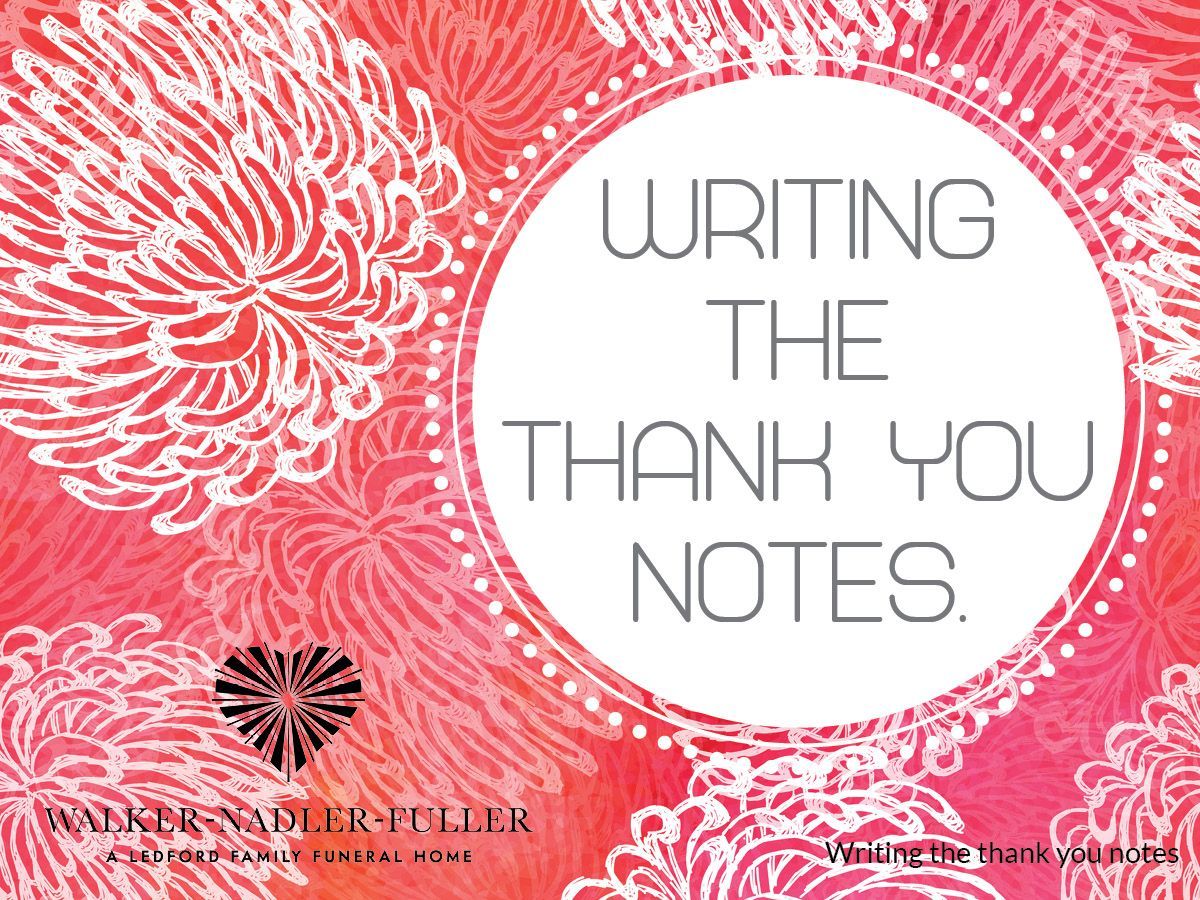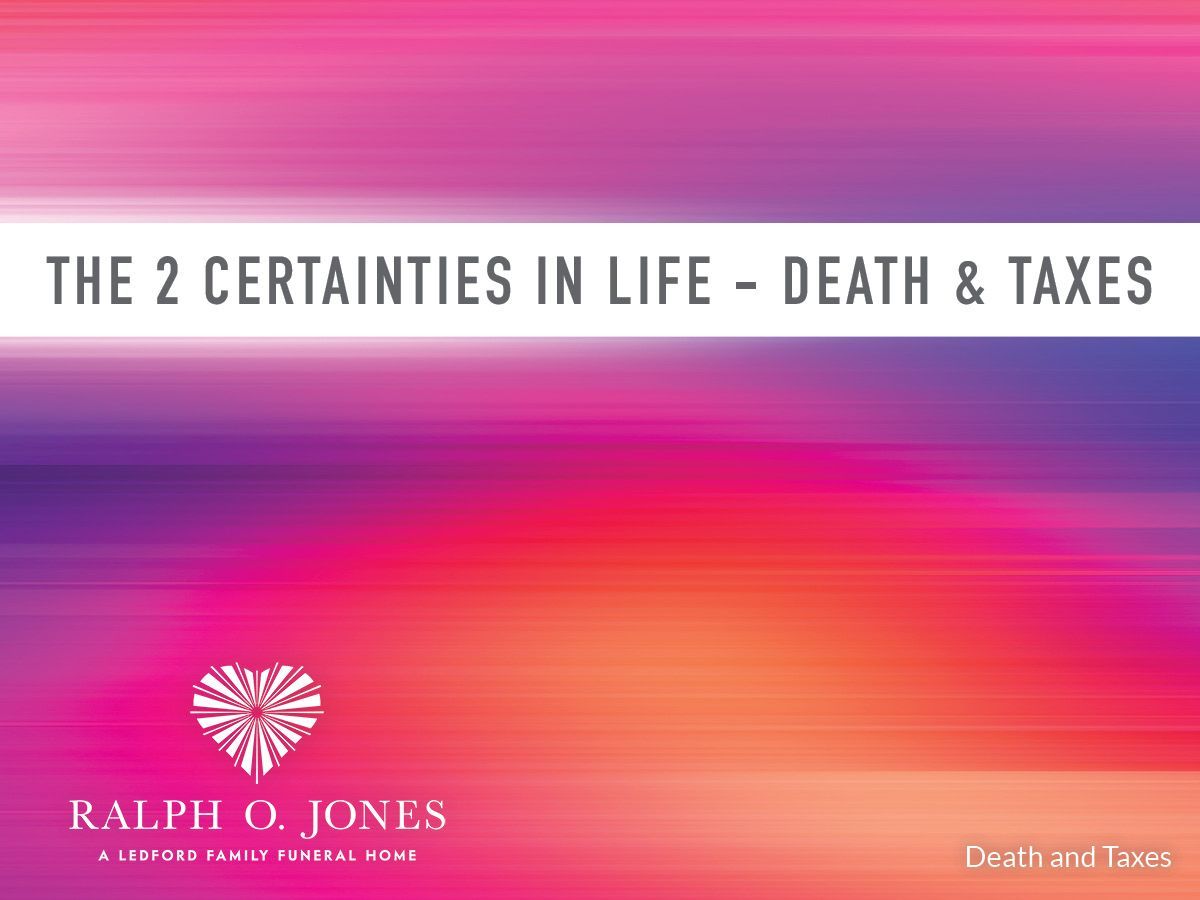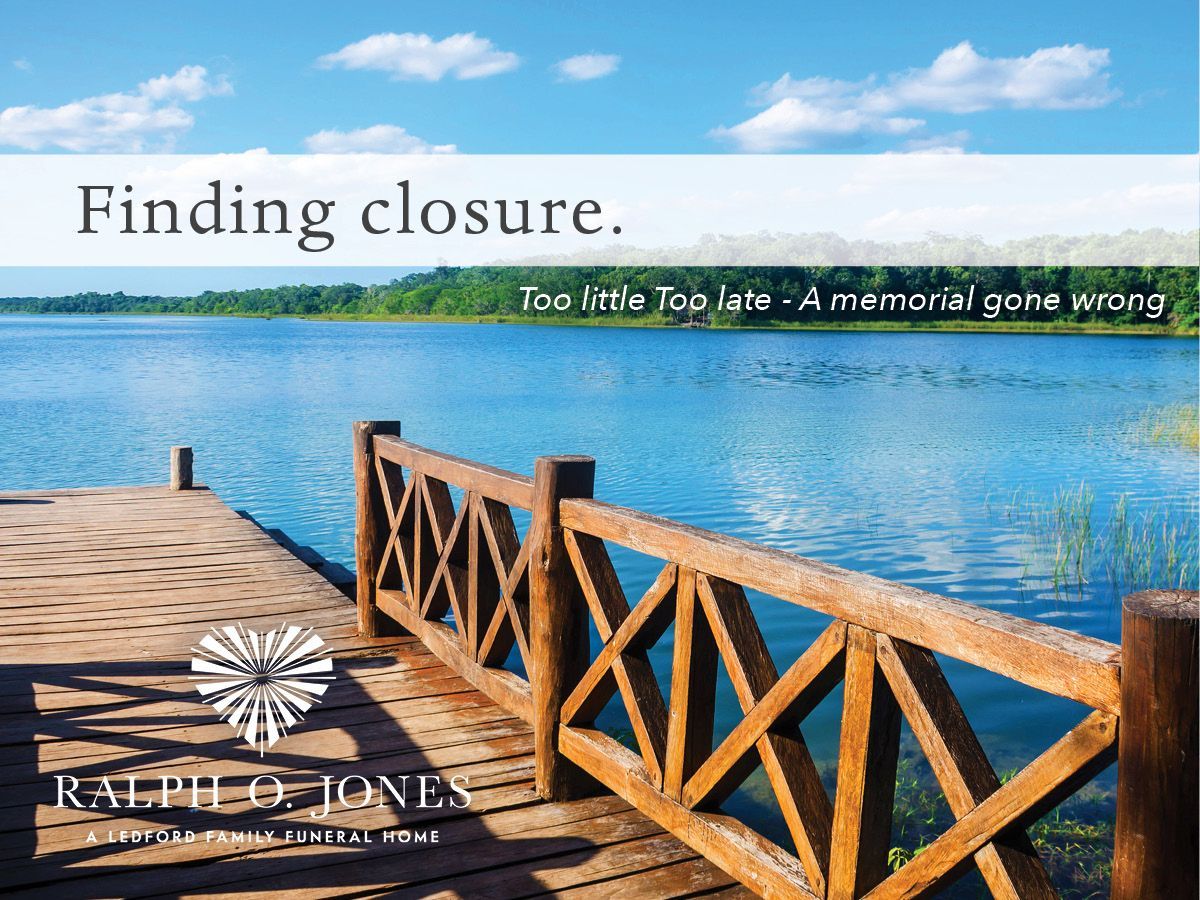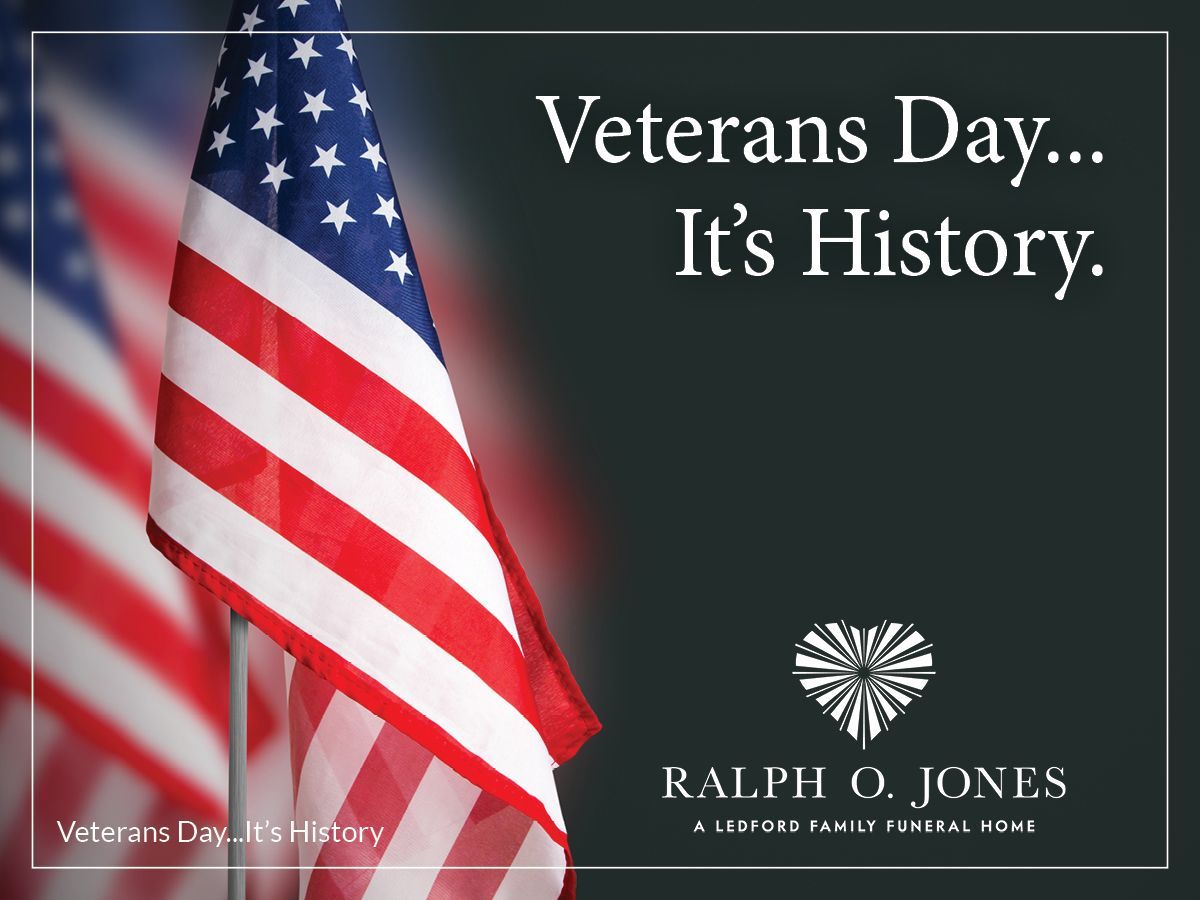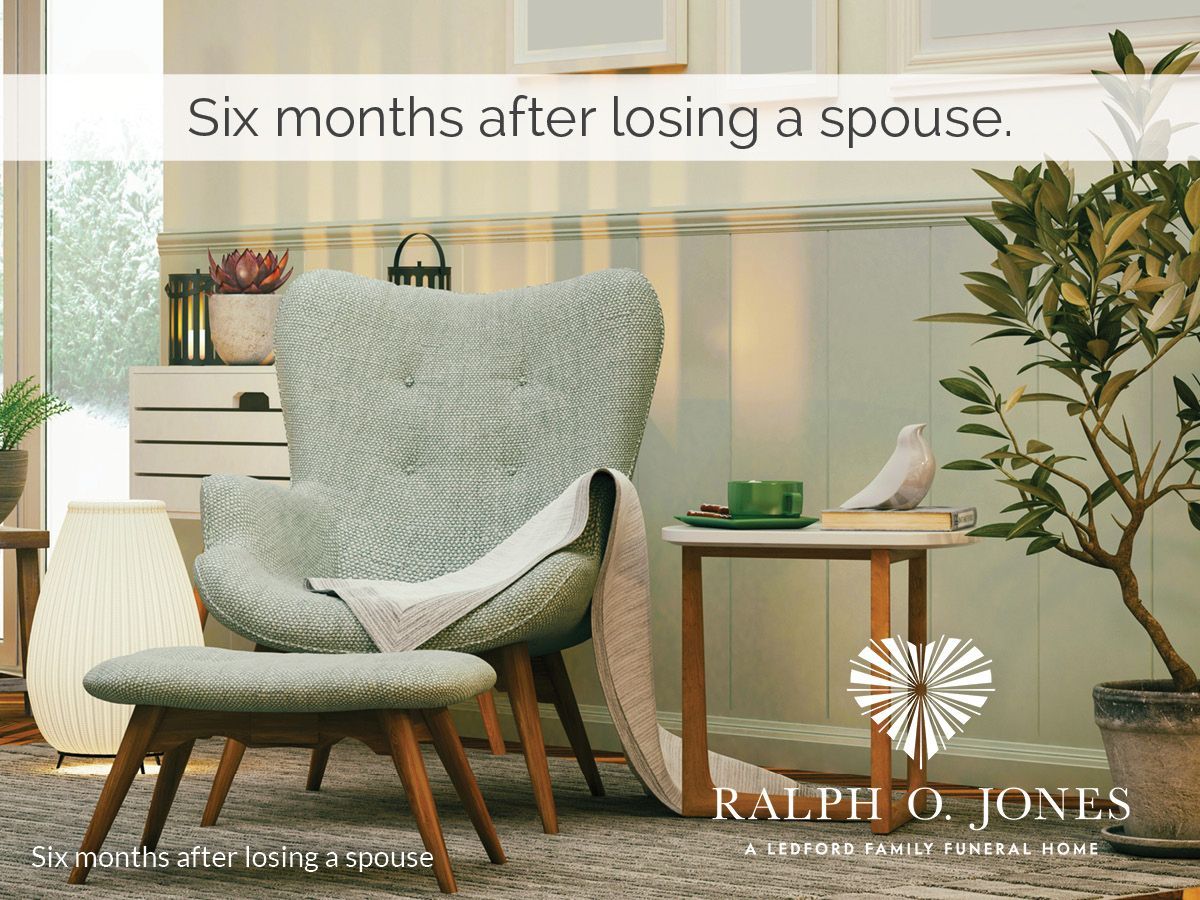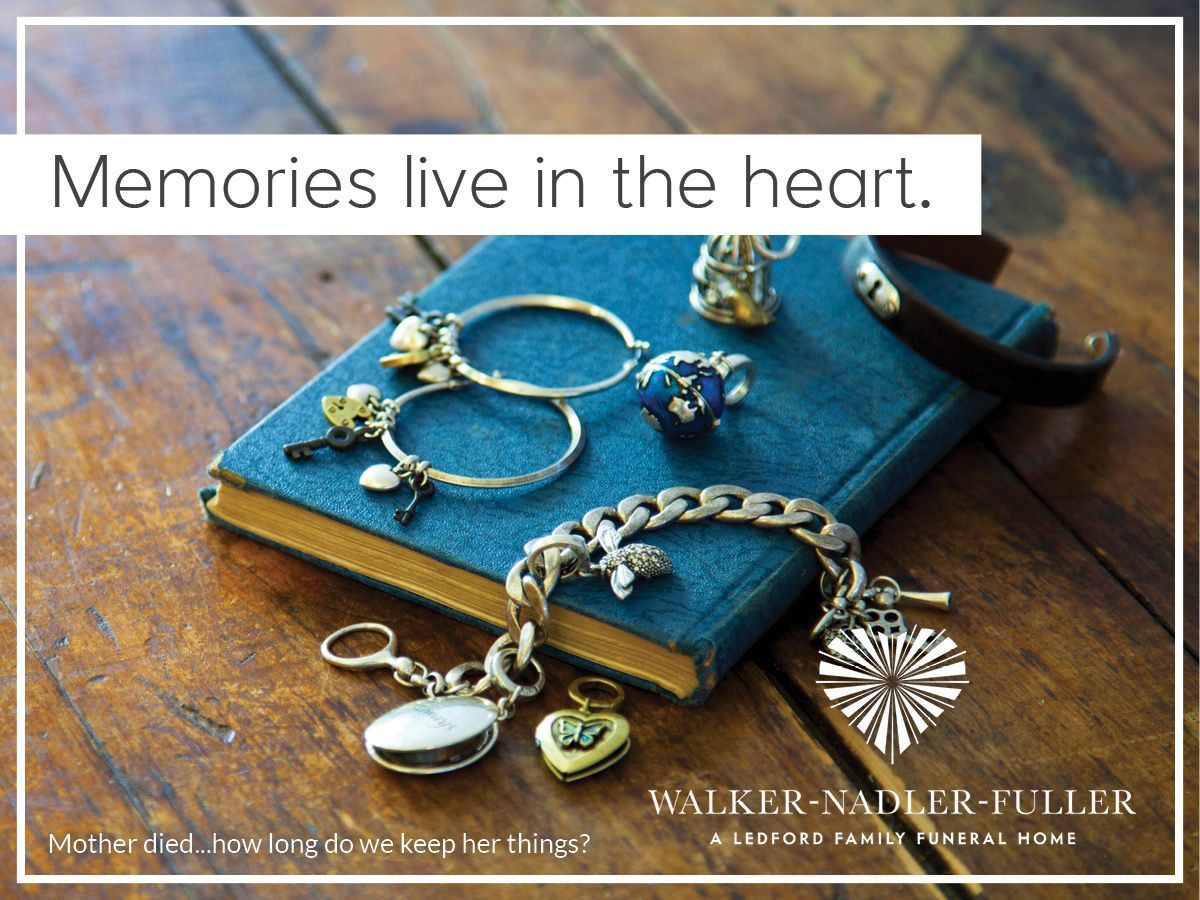The Many Details a Funeral Director is Responsible For
The Many Details a Funeral Director is Responsible For
When a loved one passes away, families work with funeral homes to provide care for the deceased and prepare for their services and final disposition. During this difficult time, it takes a caring, guiding hand to ensure everything is in order and celebrates the life of this unique individual. That’s where funeral directors come in. But there’s a lot that a funeral director does that you might not be aware of. Let’s take a look at the many duties a funeral director is responsible for.
What does a funeral director do at a funeral home?
1. Assist families in planning their loved one’s services and disposition.
When you plan a loved one’s services and final disposition, a funeral director will be there to guide you through the process. There are hundreds of crucial decisions to make during this difficult time. Having a knowledgeable professional by your side ensures that you’re well-informed on all of your options and can make the right choices for you and your family.
2. Organize and mentor their staff.
Reaching the position of a funeral director takes years of training and experience in funeral homes. But a funeral director isn’t the only person making sure that funerals run smoothly. Many funeral directors rely on the help of funeral assistants. With the guidance of a funeral director, these assistants set up rooms for services, prepare caskets for transport, and do what they can to ensure that every ceremony is well-organized and adequately honors your loved one.
3. Ensure that paperwork is properly filed.
One of the things we don’t often think about when a loved one passes away is what we need to file with the local and federal governments to fulfill their plans. For instance, you’ll need a death certificate and a permit for cremation if cremation was what your loved one wanted. But we don’t often have to think about these crucial forms because a funeral director ensures that every document is filled out correctly and goes to the right places.
4. Embalm or organize the process for embalming.
A funeral director is oftentimes a licensed embalmer in many funeral homes. That means that they will be the ones to prepare your loved one for their funeral or viewing. However, if the funeral home employs additional embalmers, the funeral director is the one organizing the process, ensuring that everything is done promptly and respectfully. If the funeral director won’t be doing the embalming themselves, they are often the liaison between the embalmer and the decedent's family. They will collect the clothing and other accessories that the family wants their loved one to wear on the day of the funeral or be buried with, making sure that the decedent is correctly attired according to the family’s wishes. Should the funeral home also utilize the help of a mortuary cosmetologist, the funeral director will also organize when they come to prepare the loved one.
5. Arrange the transportation of the decedent.
When someone passes away, a funeral director is the one to take the decedent into the funeral home’s care. They must organize transportation to bring them to the funeral home, and once that happens, they have many more arrangements to make. The funeral director will manage the funeral procession and coordinate transport for the decedent to reach their burial or cremation site, as well as ensure that, if they were cremated, their remains are delivered back to the care of their family.
6. Ensure that the burial or cremation site is prepared for the decedent.
It’s crucial that a funeral director coordinates with the burial or cremation site. Following the funeral, the cemetery must be open to receive the decedent for burial. In the case of cremation, the funeral director will schedule it with a local crematory if the funeral home does not have its own crematory.
7. Provide aftercare or grief support to a loved one’s family.
Funeral directors understand that grief does not end with a funeral. Especially for funeral homes where they may be the only ones in town, funeral directors have deep ties to their community and are often looked at as community figures. They do not take the title lightly. They desire to serve their community, which can be shown in how they provide aftercare to families in mourning. Even when the funeral ends, a funeral director’s work with a decedent’s family doesn’t.
Funeral directors do what they do because they are community-driven individuals who want to provide a place for families in mourning to celebrate their loved one. They spend years training to be a resource and a guide for these families. When you work with a funeral director, you know that you’ll have someone handling the details of the day, allowing you to simply grieve in peace.
